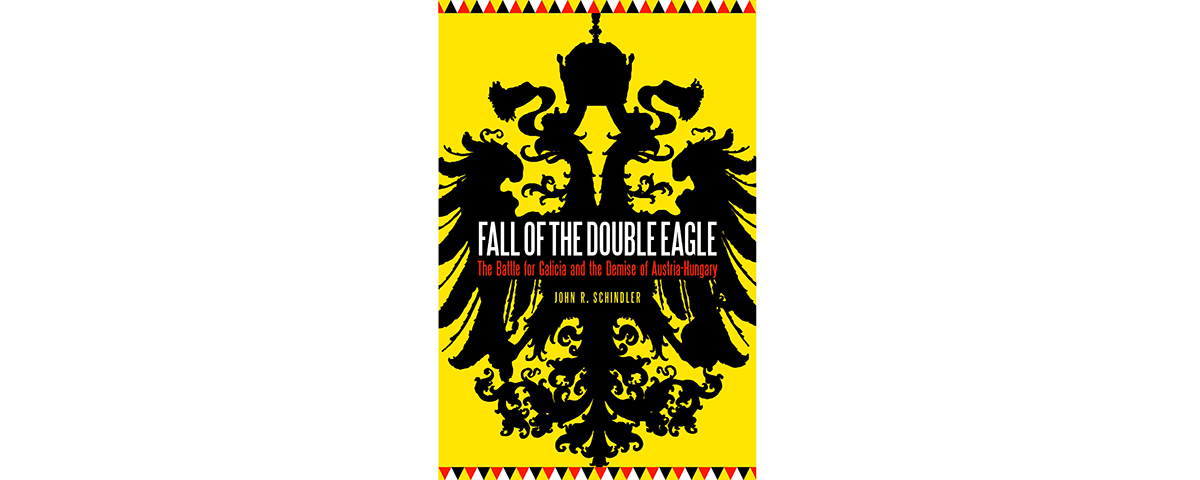Fall of the Double Eagle: The Battle for Galicia and the Demise of Austria-Hungary, by John R. Schindler, Potomac Books, Lincoln, Neb., 2015, $34.95
With war clouds again looming over Ukraine, Schindler, a former intelligence analyst with the National Security Agency and professor at the U.S. Naval War College, focuses on events in the region a century ago. In Fall of the Double Eagle he tracks the Austro-Hungarian army from its preparations for World War I through the crushing defeat it suffered at the hands of the Russian army in Galicia in 1914.
The central figure in the narrative is Field Marshal Franz Conrad von Hötzendorf, the Austro-Hungarian chief of staff and leading war planner. Conrad’s principal mistake from the onset was to plan simultaneous offensives against both Serbia and Russia—a serious miscalculation of the real capabilities of an aging Central European power on the wane. By the 20th century the Austro-Hungarian military lagged well behind its rivals. Aside from its fearsome Skoda 305 mm howitzer, which helped the German army destroy Belgian fortifications, Austro-Hungarian artillery was inferior to that of the Russians and even the Serbs, yet Conrad had done nothing to modernize it, as the country had largely diverted available funds to its navy to construct dreadnaughts. Of the 714 cannon and 54 howitzers set up to defend the fortified city of Przemysl in Austrian Poland, 299 guns dated from 1861.
Another prewar shock to the Austro-Hungarian system came on May 25, 1913, when Colonel Alfred Redl, former head of counterintelligence in the Evidenzbureau (directorate of military intelligence), committed suicide after being exposed as a Russian spy. Among his acts of betrayal had been to deliver Austria’s plan for the invasion of Serbia to the Russians, who promptly forwarded it to the Serbs. Thus, when the Austro-Hungarian Second Army moved against Serbia, leaving behind only one corps, the Serbs were ready, while two-thirds of the Russian army moved against the advancing Austro-Hungarians in Galicia. Catastrophe was inevitable.
In 1931 Churchill summarized the inevitable outcome: “Of all the campaigns that were ever fought, the Austro-Hungarian campaign in Galicia required most of all the use of time. Of all the armies that have ever existed since Hannibal marched into Italy, the Austro-Hungarian army needed the most careful handling. Conrad broke their hearts and used them up in three weeks.” Readers will undoubtedly agree with that conclusion.
—Thomas Zacharis





